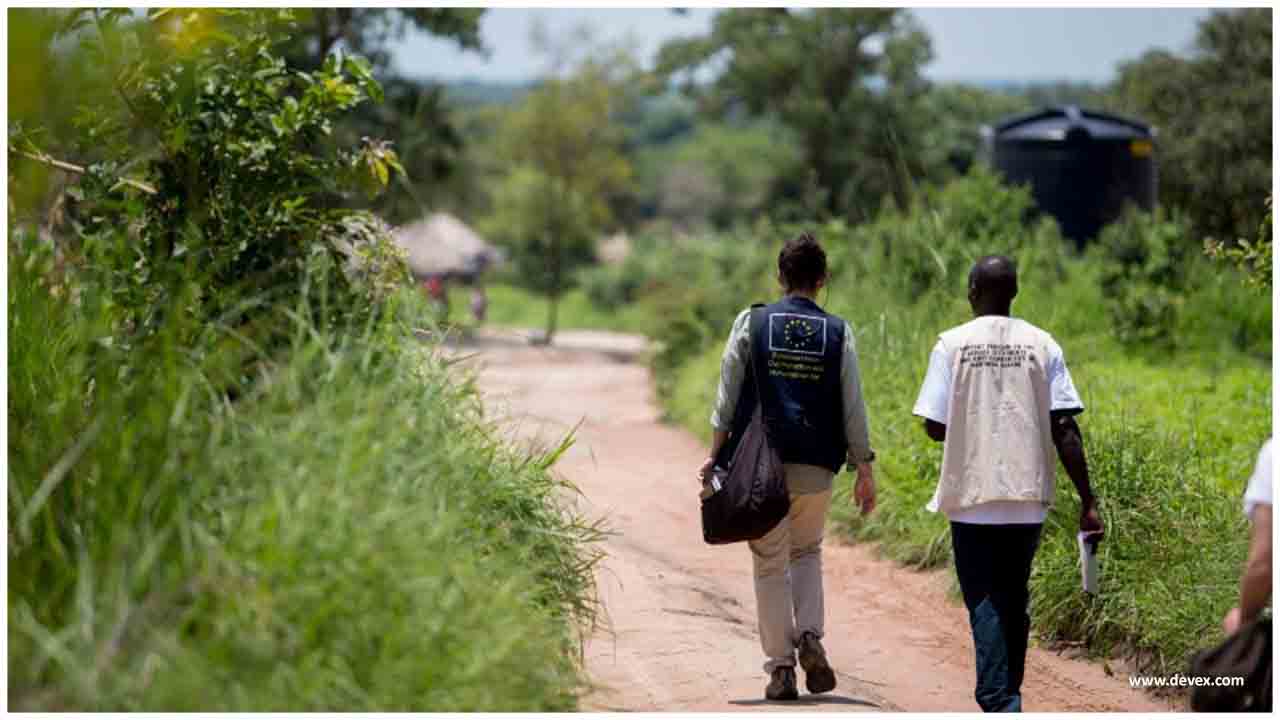Humanitarian worker Aron Kassahun Aregay joined the WHO Country Office in Ukraine in late 2019. From having worked as an epidemiologist in numerous emergency settings on the African continent, he was now in charge of information management, coordinating the health cluster response in the eastern conflict areas.
“The challenges I witnessed in Ukraine were somewhat different from what I had experienced in other settings. In Ukraine, I see elderly people and people with disabilities struggle the most, being isolated with limited capacity to face the challenges of this humanitarian crisis,” Aron explains.
“COVID-19 has increased their difficulties and suffering, and of course the sufferings of all affected people in the conflict areas. For us humanitarian workers, COVID-19 has undoubtedly added to the existing challenges.”
Saving lives, supporting health systems
In protracted emergencies, such as the ongoing conflict in eastern Ukraine, lack of access to essential health services is one of the biggest challenges for people living in emergency settings. The health system in eastern Ukraine was in a fragile state already before the onset of the COVID-19 pandemic. Many health-care workers had left the region, and health facilities had been neglected for years.
“WHO’s core principle not only to assist people who are in crisis, but also support and sustain the existing health-care system, is at the centre of our work as humanitarians,” says Aron. “We provide technical training to health-care professionals and help deliver life-saving equipment.”
With COVID-19, Aron soon found his tasks broadened. Supporting the Incident Management System, he initially disseminated information about COVID-19 to all partners working in the east; advocating, preparing and aligning all response activities; shifting the priority of all the humanitarian actors in the eastern conflict area to plan and prepare for the outbreak.
Now Aron is leading one of the major pillars in the COVID-19 response with the WHO Health Emergencies Programme in Ukraine, that of health information, epidemiology (surveillance) and contact tracing – working in close collaboration with other response pillars. His work also covers predictive modelling of the outbreak and assessing health system readiness to cope with potential surges of a new infection.
“For me, being a humanitarian means that your ultimate goal is to save lives at any cost. Whether in the eastern conflict areas or any other areas with emergencies, in whatever context, whether during a pandemic or not,” says Aron.
“We don’t take sides in a conflict or political crisis and we maintain a neutral position in all situations we are faced with,” Aron explains. “Impartiality is one of the most important things in crisis and emergency response. Those who are most in need should be the first to receive help and support. You kind of have to be a conscious and compassionate superhero.”
World Humanitarian Day
World Humanitarian Day, observed each year on 19 August, comes as the world continues to fight the COVID-19 pandemic. Aid workers are overcoming unprecedented challenges to assist people in humanitarian crises in 54 countries all over the world, all with their specific environments, challenges and hurdles.
World Humanitarian Day is dedicated to recognizing the work of humanitarian personnel and those who have lost their lives working for humanitarian causes.

 The conflicts and battles have added an extra edge to the Humanitarian workers in Ukraine. An understanding from one of the WHO volunteers
The conflicts and battles have added an extra edge to the Humanitarian workers in Ukraine. An understanding from one of the WHO volunteers 

















.jpg)















